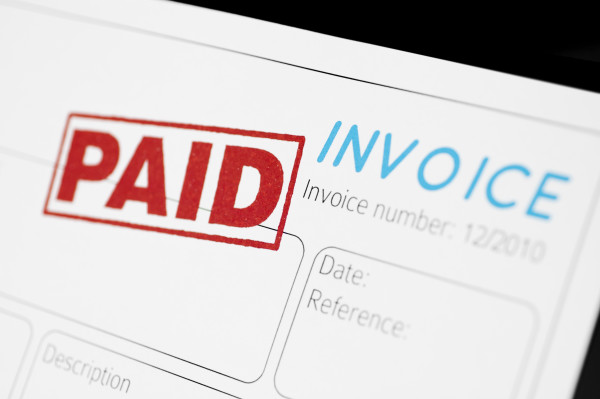
Accounts payable definition:
Accounts payable are your company’s short-term debts. Short-term debts are those that must be paid off within 1 year. However, “accounts payable” (abbreviated “AP”) is also frequently used to refer to the department of a company that makes payments to suppliers and other creditors.
Accounts payable examples:
Example 1: Benjamin runs a bakery. He purchases a shipment of flour on credit. He now owes the flour supplier some money. Since he hasn’t paid yet, this debt counts as an account payable. If Benjamin had paid the flour supplier in cash immediately, this wouldn’t be an account payable.
Example 2: Carla runs a customer support call center. The phone company bills them at the end of the month. So does their internet service provider. Since these companies provide the service to Carla before she pays them, they count as accounts payable.
Why tracking accounts payable is important:
Keeping tabs on what your company owes is a critical part of understanding your company’s financial health. To make the right business decisions, you need to know whether you’re currently making or losing money on the whole, whether you will be able to cover your liabilities in the future, and how much your business relies on debt.
We at We Figure It Bookkeeping can help you maintain and pay your Accounts Payable. Please contact us at wefigureitbookkeeping@gmail.com to see how we can help you with your liabilities and keep your cash flow moving efficiently.

